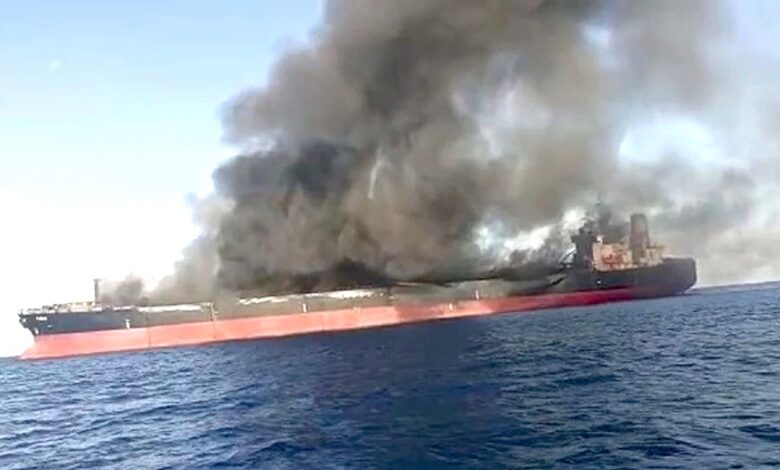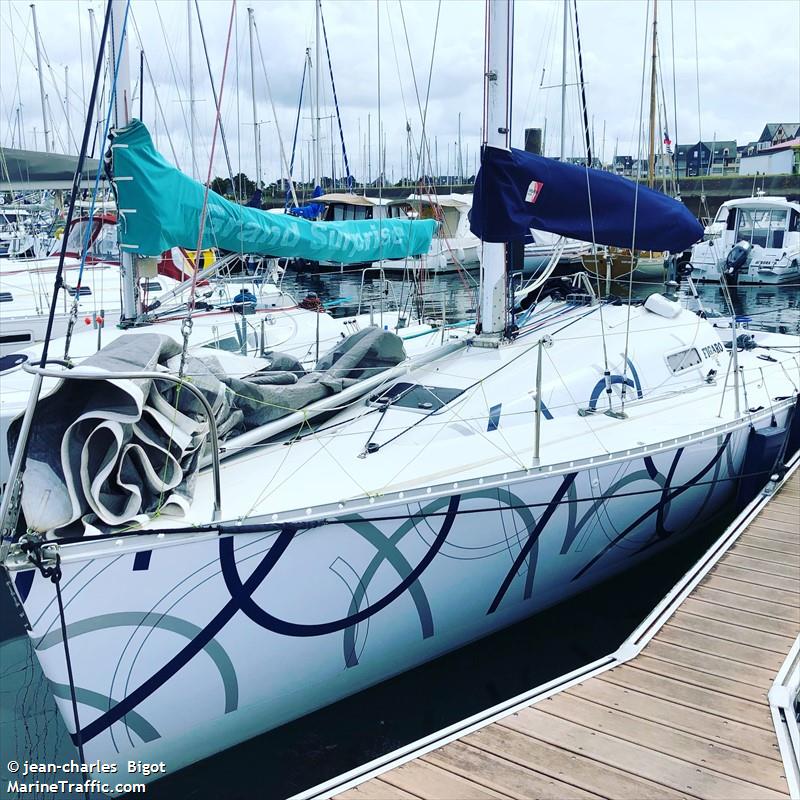Pablo explosion a warning sign of worse to come

One of the tanker industry’s greatest fears with the rise of the so-called shadow fleet is unfolding in Southeast Asia where an uninsured 1997-built ship exploded last week, killing three crew, and with oil washing up on nearby shores.
The unladen Gabon-flagged Pablo, owned by a single ship shell company in the Marshall Islands, exploded a week ago in Malaysian waters, likely a result of hot works on the cargo deck, with three of the 28 crew perishing and almost the entire top deck ripped off the hull.
One week on, it remains unclear who will pay to move the wreck, and clean up the spill with the ship having no clear insurance according to multiple shipping databases. The ship has changed hands three times and reflagged four times in the space of just three years with current ownership very opaque.
Oil has washed up on the east of Batam island in Indonesia, suspected to have come from the ruptured fuel tanks of the Pablo.
The aframax has a history of transporting Iranian oil, which face sanctions from the US. According to TankerTrackers.com, a leading source on the movement of illicit oil, since 2018, the Pablo has shifted 16m barrels of Iranian oil on 29 occasions.
The shadow fleet, used to move oil from the likes of Iran, Venezuela and latterly Russia, has grown dramatically over the past 15 months to number more than 600 tankers, with TankerTrackers.com suggesting recently that one in five VLCCs are “up to no good”.
Major class societies, managers, and insurers have shunned former clients in Moscow, Tehran and Caracas, with substandard tonnage subsequently running into trouble at many destinations around the world, exacerbated by increased use of ship-to-ship transfer operations, all of which is proving a tremendous strain on the world’s shipping insurers.
Paul Jennings, co-managing director of the NorthStandard P&I club, described to Splash earlier this year the “unintended consequences” of the rapid escalation of the shadow fleet.
“If an accident happens there is nothing we can do about it,” Jennings said.
“P&I Clubs are scratching their heads because this is not about breaking compliance rules, but about raw, naked accident risk and oil on feathers which will set decent shipping back to 1990,” one shipmanagement source told Splash in February.

 , owned by a single ship shell company in the Marshall Islands, exploded a week ago in Malaysian waters, likely a result of hot works on the cargo deck, with three of the 28 crew perishing and almost the entire top deck ripped off the hull.
, owned by a single ship shell company in the Marshall Islands, exploded a week ago in Malaysian waters, likely a result of hot works on the cargo deck, with three of the 28 crew perishing and almost the entire top deck ripped off the hull.
As Class Surveyor we do see indeed dodgy companies popping up on the EU market as well. But it is nothing new.
The MARPOL Convention is very specific on matters pertaining to hotworks onboard tankers, where the empty tanks are not gas-free!
MARPOL has nothing to do with hot work.
Very bad
Happened before. Will happen again.